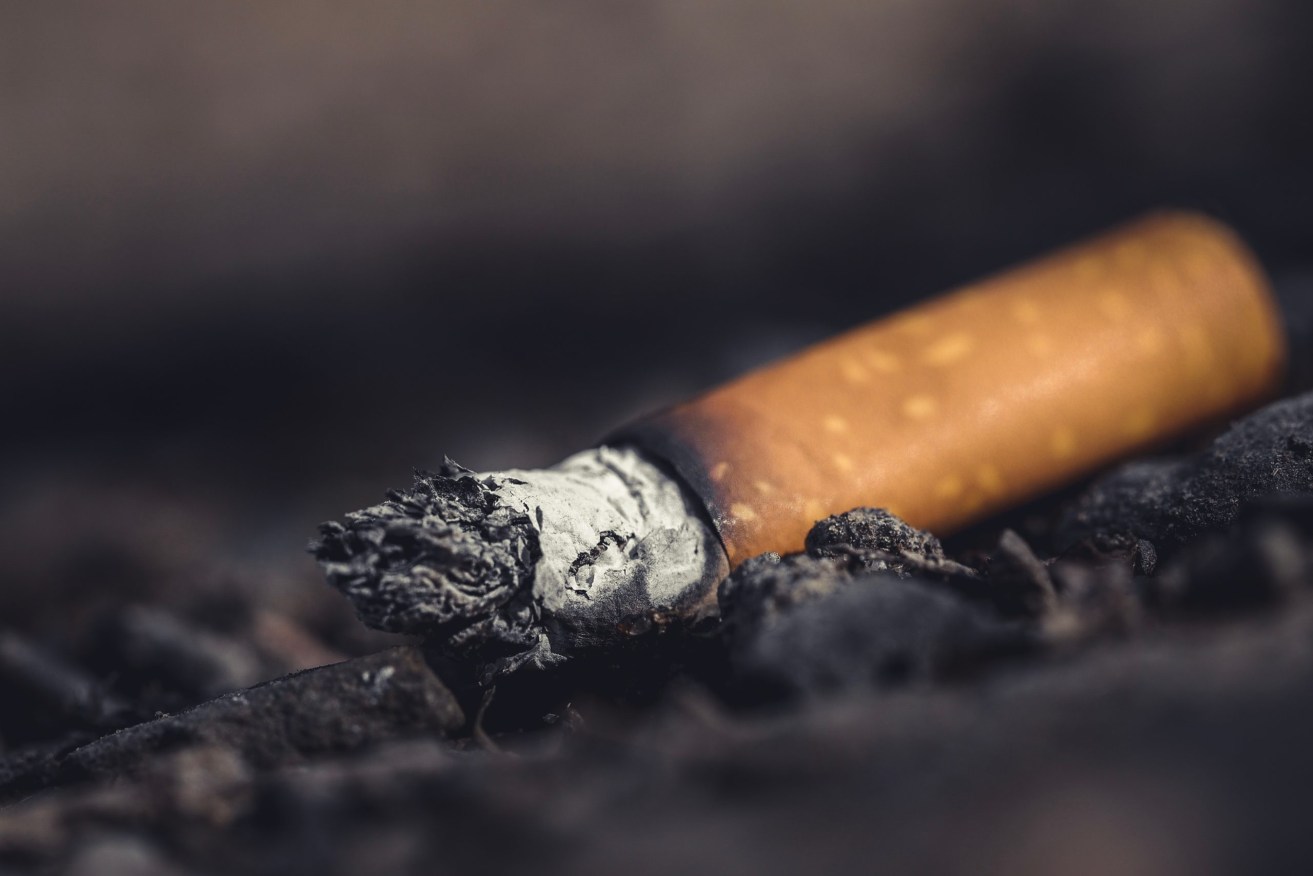Pandemic might be perfect reason to quit smoking
If you’re a smoker, there’s really never been a better time to quit. Coronavirus affects your lungs, causing flu-like symptoms such as fever, cough, shortness of breath, sore throat and fatigue.

In the most serious cases, sufferers struggle to breathe at all and can die of respiratory failure.
The World Health Organisation recommends people quit smoking as it makes them more vulnerable to COVID-19 infection.
Here’s what we know about smoking and COVID-19 risk – and how you can boost your chances of quitting while under lockdown.
Smoking and COVID-19 risk
Early data from China suggests smoking history is one factor that the risk of poor outcomes in COVID-19 patients.
According to the Australian Institute of Health and Welfare, smoking is a leading risk factor for chronic disease and death.
Smokers are more susceptible to developing heart disease, which so far seems to be the highest risk factor for the COVID-19 death rate. The Centre for Evidence-Based Medicine at the University of Oxford reports that smoking seemed to be a factor associated with poor survival in Italy, where 24% of people smoke.
We know that immunosuppressed people are at higher risk if they get COVID-19 and cigarette smoke is an immunosuppressant.
And the hand-to-mouth action of smoking makes smokers vulnerable to COVID-19 as they are touching their mouth and face more often.
We don’t yet know if recent ex-smokers are at higher risk of COVID-19 than people who have never smoked. Given the lungs heal rapidly after quitting smoking, being an ex-smoker is likely to decrease your chances of complications due to COVID-19.
Reduce your COVID-19 risks today by quitting
The benefits of quitting smoking are almost immediate. Within 24 hours of quitting, the body starts to recover and repair. Lung function improves and respiratory symptoms become less severe.
You might not notice the changes immediately, but they will become obvious within months of quitting. And the improvements are sustained with long-term abstinence.
Tiny hairs in your lungs and airways (called cilia) get better at clearing mucus and debris. You’ll start to notice you’re breathing more easily.
Symptoms of chronic bronchitis, such as chronic cough, mucus production and wheeze, decrease rapidly. Among people with asthma, lung function improves within a few months of quitting and treatments are more effective.
Respiratory infections such as bronchitis and pneumonia also decrease with quitting.
People should seek behavioural counselling support to work through motivations to quit, strategies for dealing with triggers, and distraction techniques.
And you can get behavioural support from your doctor or a psychologist via telephone Quitlines in your state or territory or online.
Several studies suggest that some people quit smoking without assistance. If you feel you need extra help, talk to your doctor about nicotine gum, patches, inhalators, lozenges or prescription medications. If you can’t get in to see a GP, you can try a telehealth consultation or consider over-the-counter products.

Calculate how much money you’ll save by quitting. (Photo: Shutterstock)
Quitting while in lockdown
Physical distancing and lockdown measures may make it more challenging to get the support you need to quit smoking – but not impossible.
If financial stress is undermining your attempts to stop smoking, calculate how much money you can save by quitting (and whatever you do, don’t share cigarettes with someone else). Financial support is available if COVID-19 has affected your income.
Social support, even during lockdown, is crucial. Why not organise a group of friends also wanting to quit and support each other via Houseparty, Zoom or Skype?
Pandemic or no pandemic, smoking poses an enormous risk to your health – and hurts your finances, too.
Any effort you put in now to reduce your smoking or stub it out altogether will reduce your risk if you do get COVID-19, help you live longer and enjoy a higher quality of life. We wish you the very best of luck with it.
This article is republished from The Conversation under a Creative Commons license.












